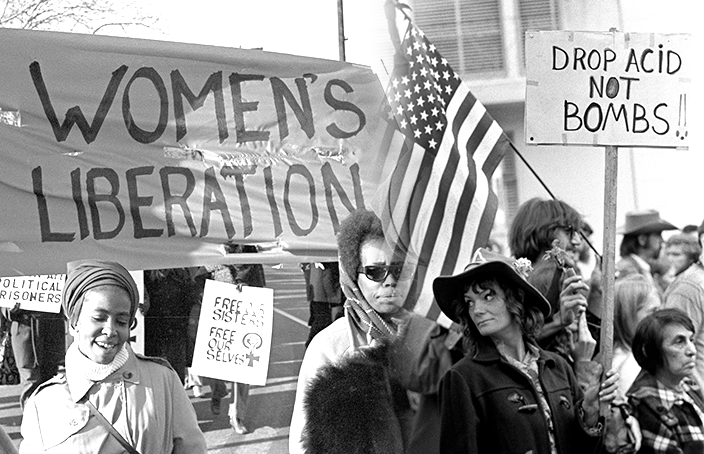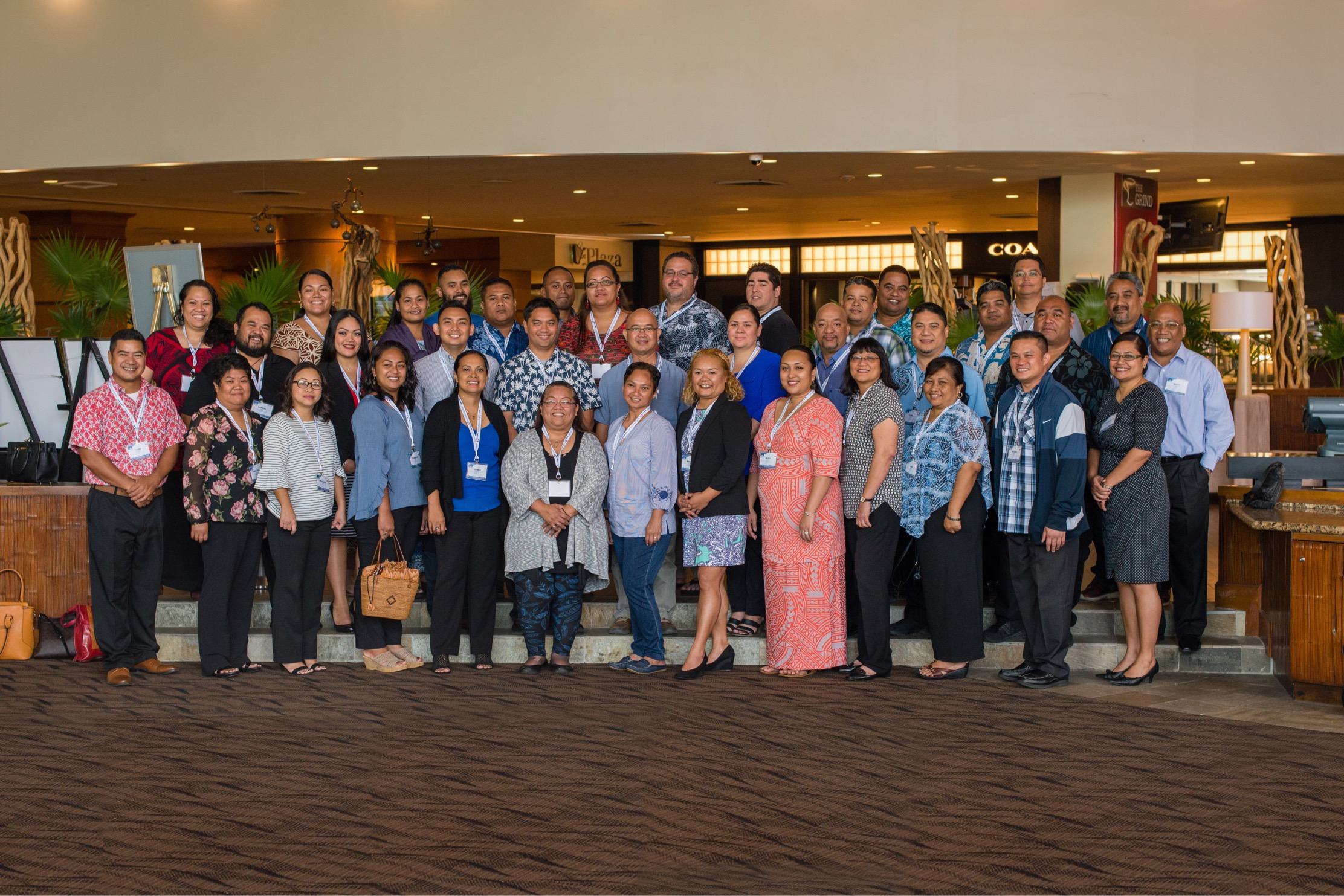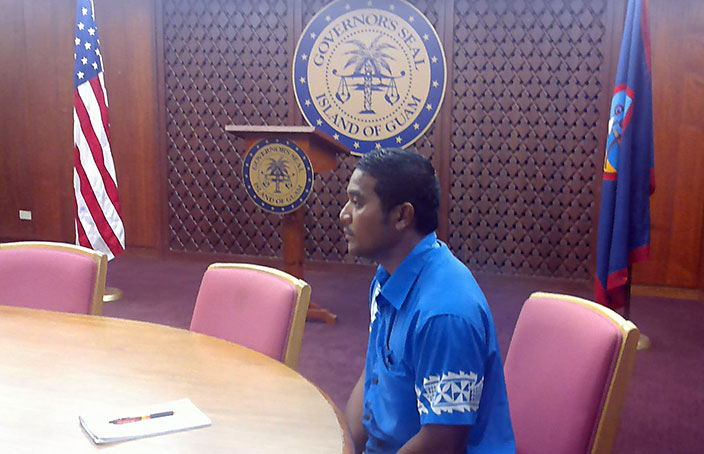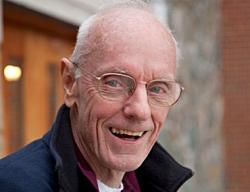When Did the Impasse Begin?
Bear with me, folks, but we have to go back to the 60s, when the big movement for freedom, at least in its recent incarnation, began. When those hippies, with their long hair and their outlandish dress, flourished. You might not have witnessed it yourself, but you must have seen it on the screen. Shots from the Woodstock Music Festival in 1968. Or in “Forrest Gump” during flashbacks on the life Jenny, Forrest’s girlfriend, lived when she left him.
The summons was enticing. Jump on the freedom train and delight in the break from social conventions. Enjoy the freedom to wear what you want, say what you please—the freedom to be yourself!
To be fair, the spirit of the age was not just a call to personal freedom, but a demand for the same freedom for those groups that had been denied it for a long time. After all, the ride on the freedom train began with marches for the rights of Blacks. It soon embraced the Women’s Liberation movement, and then endorsed Gay Rights as well, before it began taking on other causes. Some of the later groups may have needed liberation, others much less so.
But the fight for freedom continued over the years that followed for just about any group that came along. Freedom for gays might have been won, but what about transgender folks? What about the disadvantaged, or the mentally challenged? The list of such groups claiming equal rights was endless, and so was the stream of new laws that guaranteed their equality. It seemed at times that any group, however small, could define itself and demand its legal protection.
At the same time, any criticism of these newly defined groups was seemingly silenced. It just wasn’t politically correct to say what you might have thought about those who enjoyed their new-found freedom. And so the freedom fighters—those who insisted on the right to speak as they pleased—were ironically the ones who, at the end of it all, supported muzzling society. Political correctness meant hushed lips.
Meanwhile, another group of reactionaries formed. This group had more than enough of liberal causes on behalf of one splinter group after another. “Must this so-called liberation go on forever? “ they asked. “We’ve gone from protecting every imaginable social group to taking up the cause for whales, birds and endangered species of all types. What about us? Don’t we count?”
This group resented the stranglehold of government—the torrent of new laws to protect everyone and everything. Big government didn’t just offer aid programs (like the ones that saved their parents from financial disaster or offered benefits to war veterans), but restrictions: “You mustn’t do this, or you’ll be punished for it.”
So it was that the many of the straight arrows, the people who were defenders of law-and-order and wouldn’t have been caught dead in tie-dyed shirts or long hair, became the critics of big government. Meanwhile, the freedom-fighters who once sparked the protests against government injustice now were identified as the supporters of big government. It was a weird reversal of roles: the revolutionaries became the champions of the government and all its new legislation, while the law-and-order guys became the reactionaries.
As the two groups grew more distant from one another and armed themselves for war, they seem to have forgotten a few things about their own family heritage. The liberals (whom I call “freedom-fighters”) started their crusade by trying to integrate unfairly treated groups into the mainstream of our society. Somehow, they have managed to splinter that society by their non-stop demands for group rights. The conservatives, who once took pride in “walking the line” (as Johnny Cash put it in his song), seem to believe that government has become the tool of the devil. They seem to have forgotten how “socialism” saved us all over the years when disaster struck.
And then along came Donald Trump.






